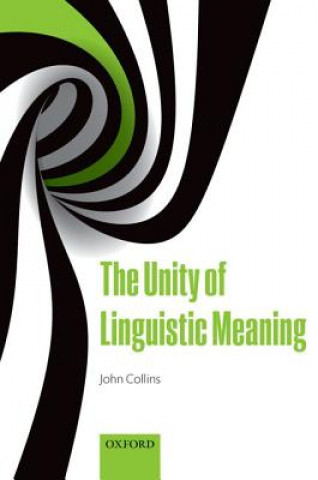
Kód: 04535007
Unity of Linguistic Meaning
Autor John Collins
The problem of the unity of the proposition is almost as old as philosophy itself, and was one of the central themes of early analytical philosophy, greatly exercising the minds of Frege, Russell, Wittgenstein, and Ramsey. The pro ... celý popis
- Jazyk:
 Angličtina
Angličtina - Vazba: Pevná
- Počet stran: 218
Nakladatelství: Oxford University Press, 2011
- Více informací o knize

Mohlo by se vám také líbit
Darujte tuto knihu ještě dnes
- Objednejte knihu a zvolte Zaslat jako dárek.
- Obratem obdržíte darovací poukaz na knihu, který můžete ihned předat obdarovanému.
- Knihu zašleme na adresu obdarovaného, o nic se nestaráte.
Více informací o knize Unity of Linguistic Meaning
Nákupem získáte 312 bodů
 Anotace knihy
Anotace knihy
The problem of the unity of the proposition is almost as old as philosophy itself, and was one of the central themes of early analytical philosophy, greatly exercising the minds of Frege, Russell, Wittgenstein, and Ramsey. The problem is how propositions or meanings can be simultaneously unities (single things) and complexes, made up of parts that are autonomous of the positions they happen to fill in any given proposition. The problem has been associated with numerous paradoxes and has motivated general theories of thought and meaning, but has eluded any consensual resolution; indeed, the problem is sometimes thought to be wholly erroneous, a result of atomistic assumptions we should reject. In short, the problem has been thought to be of merely historical interest. Collins argues that the problem is very real and poses a challenge to any theory of linguistic meaning. He seeks to resolve the problem by laying down some minimal desiderata on a solution and presenting a uniquely satisfying account. The first part of the book surveys and rejects extant 'solutions' and dismissals of the problem from (especially) Frege and Russell, and a host of more contemporary thinkers, including Davidson and Dummett. The book's second part offers a novel solution based upon the properties of a basic syntactic principle called 'Merge', which may be said to create objects inside objects, thus showing how unities can be both single things but also made up of proper parts. The solution is defended from both philosophical and linguistic perspectives. The overarching ambition of the book, therefore, is to strengthen the ties between current linguistics and contemporary philosophy of language in a way that is genuinely sensitive to the history of both fields.
 Parametry knihy
Parametry knihy
Zařazení knihy Knihy v angličtině Language linguistics Philosophy of language
3122 Kč
- Plný název: Unity of Linguistic Meaning
- Autor: John Collins
- Jazyk:
 Angličtina
Angličtina - Vazba: Pevná
- Počet stran: 218
- EAN: 9780199694846
- ISBN: 0199694842
- ID: 04535007
- Nakladatelství: Oxford University Press
- Hmotnost: 500 g
- Rozměry: 164 × 242 × 18 mm
- Datum vydání: 29. September 2011
Oblíbené z jiného soudku
-
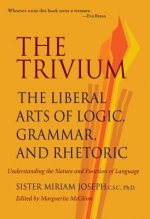
Trivium
515 Kč -

Making the Social World
303 Kč -
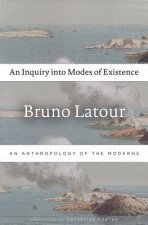
Inquiry into Modes of Existence
903 Kč -

Language Instinct
357 Kč -
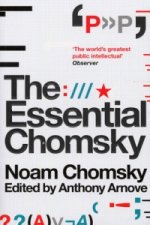
Essential Chomsky
544 Kč -

Practice Makes Perfect English Articles and Determiners Up Close
333 Kč -
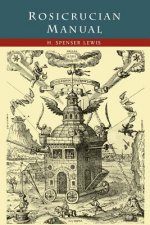
Rosicrucian Manual
389 Kč -

Making It Explicit
1360 Kč -

Image Music Text
276 Kč -
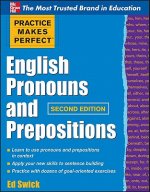
Practice Makes Perfect English Pronouns and Prepositions, Second Edition
375 Kč -

Constructing the World
2059 Kč -

How Language Works
357 Kč -
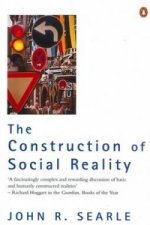
Construction of Social Reality
357 Kč -
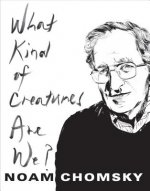
What Kind of Creatures Are We?
358 Kč -
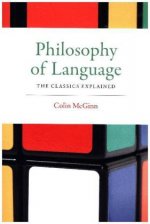
Philosophy of Language
1034 Kč -
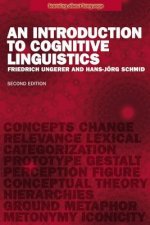
Introduction to Cognitive Linguistics
2305 Kč -

Language Hoax
367 Kč -
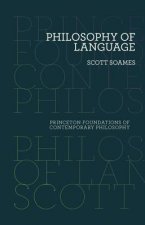
Philosophy of Language
659 Kč -
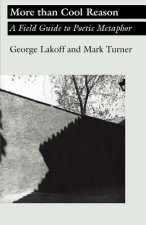
More than Cool Reason
852 Kč -
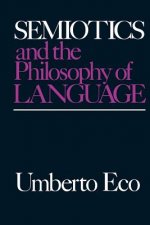
Semiotics and the Philosophy of Language
625 Kč -
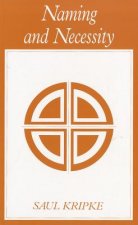
Naming and Necessity
697 Kč -

Latin
785 Kč -
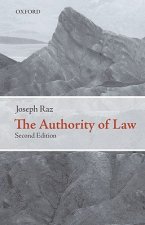
Authority of Law
1353 Kč -
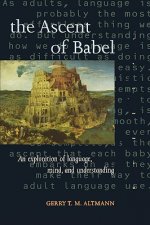
Ascent of Babel
2493 Kč -

Inferentialism
4204 Kč -

Process Philosophy of Signs
853 Kč -
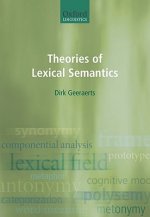
Theories of Lexical Semantics
1584 Kč -

Critical Introduction to the Philosophy of Language
1611 Kč -
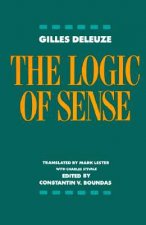
Logic of Sense
633 Kč -

Philosophy of Language
1514 Kč -
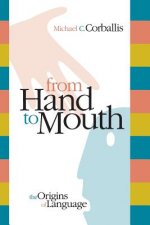
From Hand to Mouth
1185 Kč -
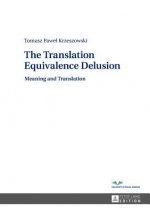
Translation Equivalence Delusion
2730 Kč -

Philosophy of Poetry
3022 Kč -
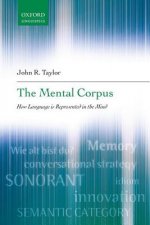
Mental Corpus
1526 Kč -
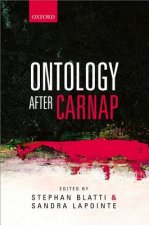
Ontology after Carnap
2996 Kč -

How to Do Things with Words
1515 Kč -
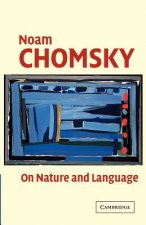
On Nature and Language
1488 Kč -
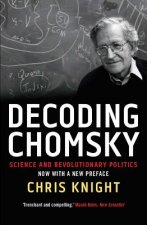
Decoding Chomsky
291 Kč -
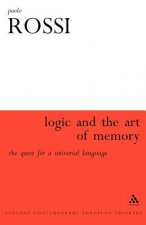
Logic and the Art of Memory
3635 Kč -
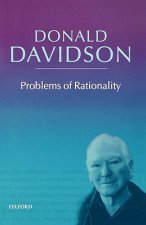
Problems of Rationality
1709 Kč -

Practice Makes Perfect English Verb Tenses Up Close
500 Kč -

Language Animal
966 Kč -
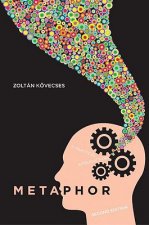
Metaphor
1332 Kč -
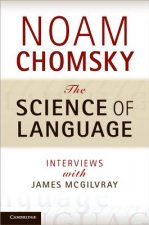
Science of Language
910 Kč -
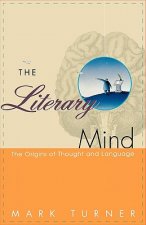
Literary Mind
736 Kč -
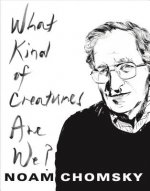
What Kind of Creatures Are We?
554 Kč -
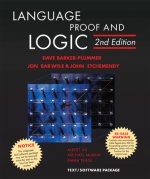
Language, Proof, and Logic
2343 Kč -
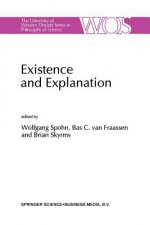
Existence and Explanation
5094 Kč -
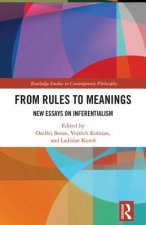
From Rules to Meanings
5564 Kč
Osobní odběr Praha, Brno a 12903 dalších
Copyright ©2008-24 nejlevnejsi-knihy.cz Všechna práva vyhrazenaSoukromíCookies






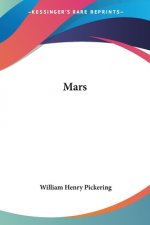

 Vrácení do měsíce
Vrácení do měsíce 571 999 099 (8-15.30h)
571 999 099 (8-15.30h)